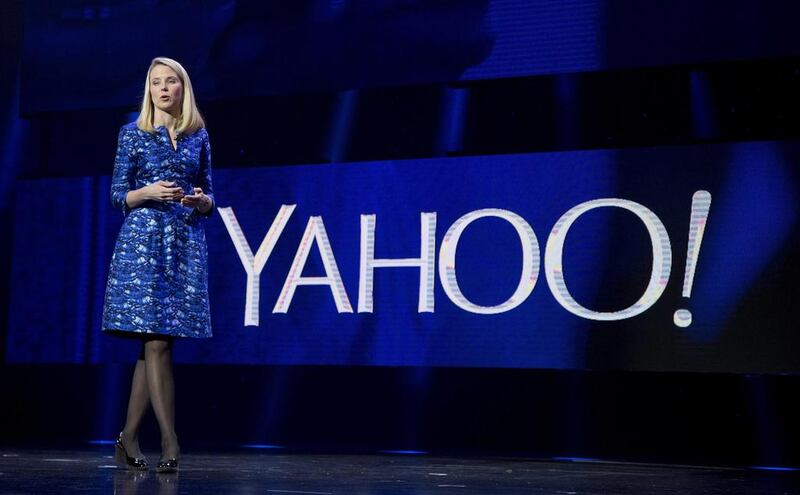Reports of large-scale hacking are becoming alarmingly common, raising some very serious questions about the safety of our personal data and the integrity of global computer networks. It seems that not a week goes by without a report of emails and other data being compromised or of cyber attacks on industrial, political and government targets. Worryingly, some events that have only just come to light happened many months or years ago, meaning that irretrievable damage may have already been done.
The latest victim is Yahoo!, where two separate breaches – one in 2014 but discovered in August this year and a newly discovered attack that happened in 2013 – are believed to have compromised as many as a billion accounts. While many of those customers may no longer use Yahoo!’s mail or other services, their old data may be affected, and their data on other companies’ servers could be at risk if they use the same, or similar, usernames and passwords.
By now, we all should know that it is good practice to change our passwords and PINs on a regular basis, to keep them to ourselves and to lock our computers when they are not in use. But even that is not going to protect us totally. We are encouraged to trust our personal data, including banking details, to “the cloud” – that is on the servers of the likes of Facebook, Google, Microsoft, Amazon and Apple. And, as hackers have shown again and again, computer networks are vulnerable. As one vulnerability closes, somebody is discovering another one.
If it’s Yahoo! now, how can we be sure that the others will not be – or, indeed, have not already been – compromised? No matter what we do at our end to protect our data – even if we use biometrics, such as fingerprints or eye scans, to log in to our phones and other devices – the hackers know how to enter through a back door that doesn’t need our “key”. We must, of course, remain vigilant about what we put online and how we choose to share it. But those in whom we have placed our trust, and our data, must also do more to stop the thieves.





